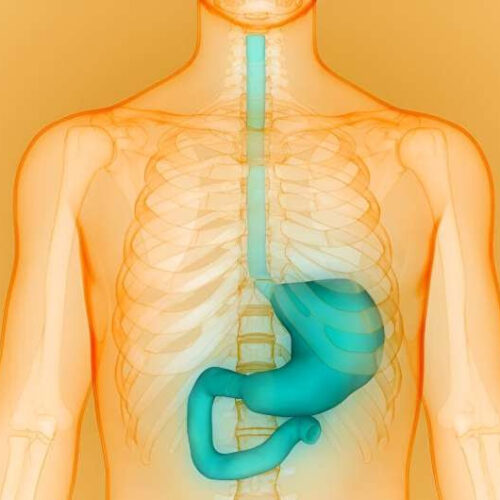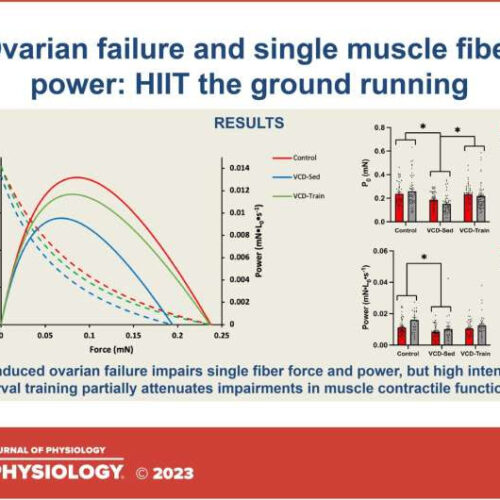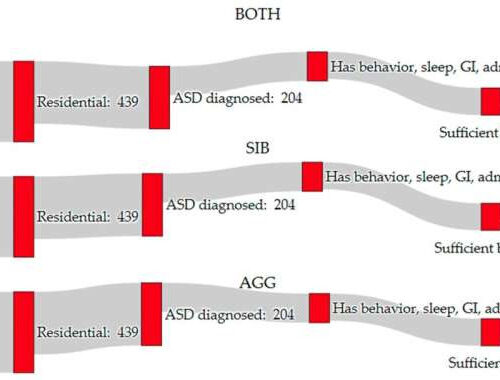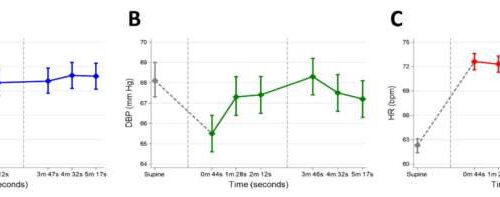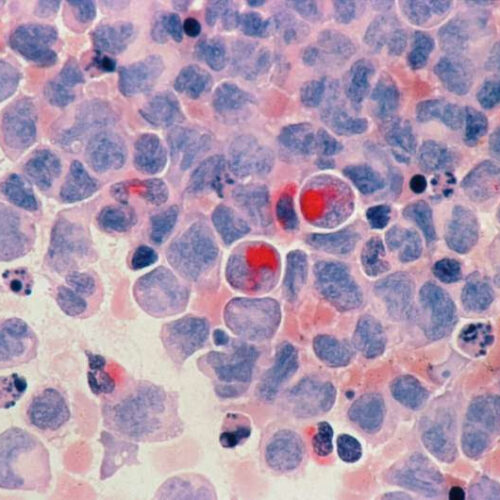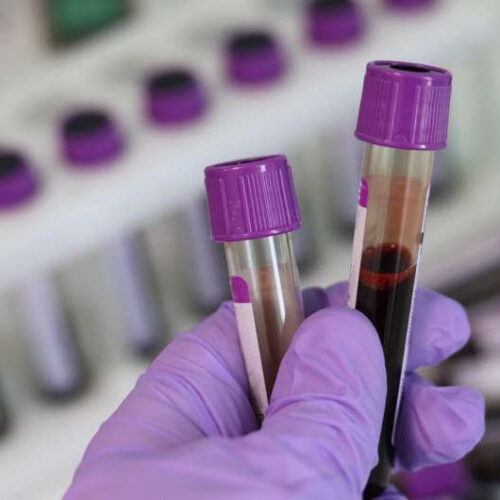by Yoni Ashar, The Conversation Credit: Pixabay/CC0 Public Domain Most people with chronic back pain naturally think their pain is caused by injuries or other problems in the body such as arthritis or bulging disks. But our research team has found that thinking about the root cause of pain as a process that’s occurring in the...
Author: admin
Antireflux mucosal ablation safe, effective for refractory reflux disease
by Lori Solomon Antireflux mucosal ablation (ARMA) cuts short-term gastroesophageal reflux disease (GERD) symptoms in two-thirds of patients undergoing the endoscopic treatment, according to a study published in the Journal of Gastroenterology and Hepatology. Yuto Shimamura, M.D., from Showa University in Tokyo, and colleagues evaluated the feasibility, safety, and effectiveness of ARMA. The analysis included...
Each nostril has a unique sense of smell, intracranial electroencephalogram study finds
by Justin Jackson , Medical Xpress Credit: Unsplash/CC0 Public Domain Research led by the University of Pennsylvania, Philadelphia, and the Barrow Neurological Institute, Phoenix, has examined the neural processes underlying odor processing in the human olfactory system and how the brain handles odor information from different nostrils. In a new paper titled “Odor representations from...
Attacking the roots of pancreatic cancer
by Alan Dove, Columbia University Irving Medical Center The new model provides a unique opportunity to understand how adenosquamous tumors, which are essentially unresponsive to current treatments, arise in the pancreas. In the new study, the researchers found that Hmmr gene activity is important for the growth of ASCP tumors and could be a new therapeutic...
High-intensity aerobic exercise helps prevent menopause-related muscle power loss, finds study
by Mario Boone, American Physiological Society Graphical abstract. Credit: American Journal of Physiology-Cell Physiology (2023). DOI: 10.1152/ajpcell.00318.2023 Menopause causes a decrease in “muscle power,” an indication of muscle function and strength. However, postmenopausal loss of muscle power can be partially prevented by using high-intensity interval training (HIIT), a form of aerobic exercise. The findings by researchers...
Researchers use AI to predict challenging behaviors common in profound autism
by Rensselaer Polytechnic Institute Inclusion criteria for each behavior cohort of the study (aggressive behavior—AGG; self-injurious behavior—SIB; BOTH refers to AGG and SIB). A formal ASD diagnosis upon entry to the center excluded the most individuals, while time periods with little data also excluded a high number of individuals. Allowing either behavior provided more data for...
Study highlights optimal timing for assessing orthostatic hypotension in older adults and its impact on fall risk
by Hebrew SeniorLife Hinda and Arthur Marcus Institute for Aging Research Change in SBP (A), DBP (B), and HR (C), over 6 measurements after standing from supine position. Horizontal axis represents average time after standing for respective measurements (e.g., M1 = 0m 44s). Leftmost dashed line indicates transition from supine to standing. Rightmost dashed line...
First in human trial of new drug raises hopes for patients with relapsed blood cancer
by Ohio State University Medical Center Credit: Unsplash/CC0 Public Domain A new targeted drug, studied by researchers at The Ohio State University Comprehensive Cancer Center—Arthur G. James Cancer Hospital and Richard J. Solove Research Institute (OSUCCC—James), may offer a new treatment option for patients with blood cancers, including chronic lymphocytic leukemia (CLL) and Non-Hodgkin lymphoma (NHL)...
Clinical trial identifies promising target for liver disease treatments
by University of Birmingham AOC3 activity relative to baseline. Mean AOC3 activity relative to baseline versus time curves after once daily administration of 1 mg, 3 mg, 6 mg or 10 mg BI 1467335 or placebo for up to 85 days (whole profile days at Day 1, 28 and 84; FAS). Error bars show standard deviation from the mean. Source...
Body changes detected up to eight years before inflammatory bowel disease diagnosis
by The Francis Crick Institute Credit: CC0 Public Domain Researchers at the Francis Crick Institute and Aalborg University in Copenhagen have shown that changes can be detected in blood tests up to eight years before a diagnosis of Crohn’s disease and up to three years before a diagnosis of ulcerative colitis. This means the beginnings of...


